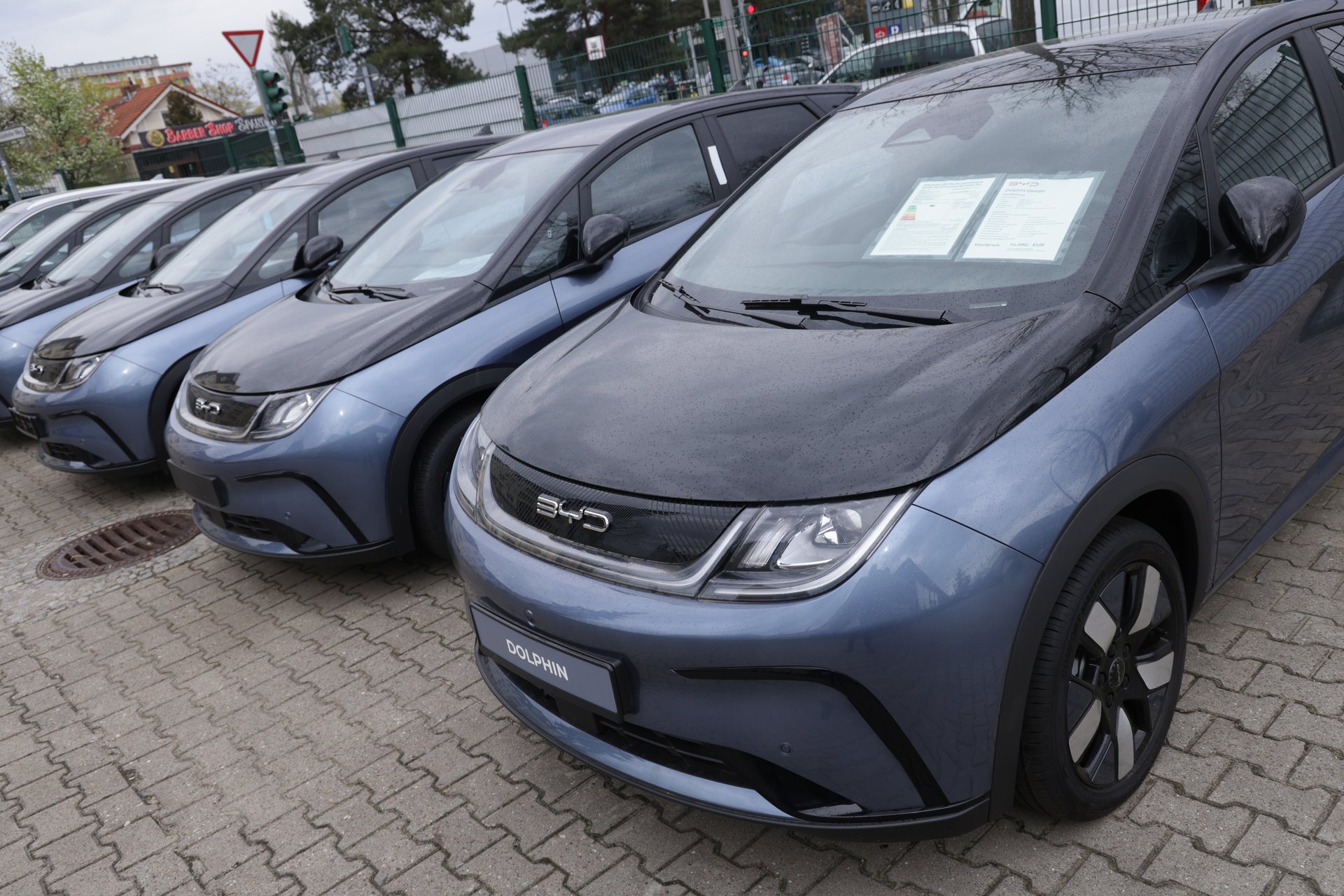More than half of all new cars sold in China last month were electric vehicles
It's the first time in the country's history that electrified cars have breached the halfway point

For the first time ever, more than half of all vehicles sold in China last month were electric vehicles or plug-in hybrid EVs.
Suggested Reading
Sales of what China calls new energy vehicles (NEVs) — any vehicles that mostly use or are entirely dependent on electricity for their operation — increased by 37% year-over-year in July, according to data from the China Passenger Car Association(CPCA). Thanks to that growth, and an overall decrease in sales in the world’s largest auto market, NEVs accounted for 50.7% of new car sales last month.
Related Content
That’s a major jump compared to sales just three years ago, when NEVs made up just 7% of overall vehicle sales in China. Beijing has heavily invested in its EV industry, allowing its domestic automakers to outpace almost all foreign competition.
China invested at least $230.8 billion to develop its NEV industry between 2009 and 2023, according to new research from the Center for Strategic and International Studies (CSIS). That includes $121.2 billion over the last three years through rebates, subsidies, research and development, government purchases, and an exemption from sales tax.
About 1.73 million passenger vehicles were sold in July, marking a 3.1% decrease year-over-year and the market’s fourth month in a row of decline. In an effort to boost sales, China last month doubled the cash incentives for EVs to 20,000 yuan ($2,785). The change was also made retroactive to April, when Beijing first introduced the incentives.
Several automakers recorded strong sales for July, partially due to those incentives as well as loosened restrictions in a handful of cities. Tesla’s China division sold 74,117 Model 3 sedans and Model Y SUVs in June, a 15% increase, while rival BYD delivered 340,799 NEVs, a 31% increase compared to the same time in 2023. Li Auto’s sales hit 51,000 vehicles, up almost 50% year-over-year.
Although some EV makers didn’t do as well, with Zeekr’s parent company Geely reporting a 9% sales decline. Xpeng delivered 11,145 EVs last month, a 1% increase from last year, while smartphone maker Xiaomi sold more than 10,000 of its first electric sedan, roughly on pace with its goals.
Vehicle exports from China grew 20% last month as companies ready themselves for incoming tariffs from the European Union, as well as countries like the U.S. and Canada. China has appealed to the World Trade Organization over the EU’s tariffs, which are a provisional anti-subsidy measure meant to limit the country’s exports.
